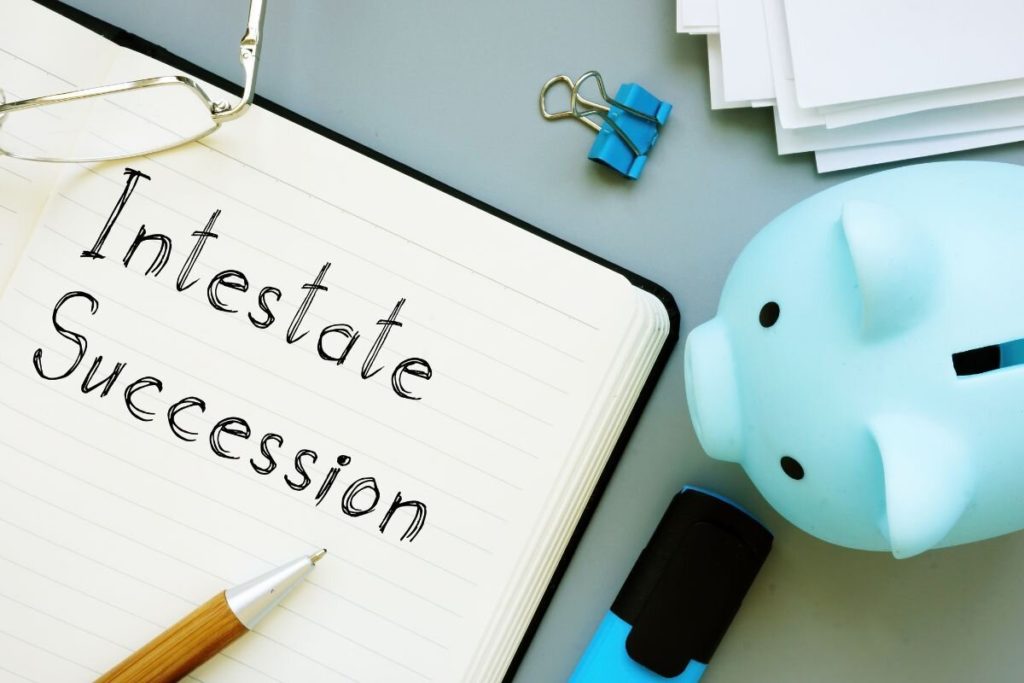First things first: what does “intestate succession” mean? Simply that someone with no estate plan has died without a will, leaving assets behind to be distributed according to Virginia’s laws. These laws favor close relatives, in a very particular order. The kinds of property that can pass on via intestate succession are, for the most part, identical to what can be passed on in a will.
Of course, there are some assets that can’t be passed on via will—and therefore are also not passed on according to laws of intestate succession, but instead along the lines of other forms of law. Some of these are:
· Real property (basically land and buildings) that you own with someone else either in joint tenancy with right of survivorship or tenancy by the entirety (special form for married people only): So long as the other person(s) are still living, full ownership transfers to them automatically. Only when the last person owning the property dies do issues of succession come into play.
· Life insurance proceeds: Your insurance company disburses funds as determined by the beneficiaries you’ve assigned.
· Property in a living trust: This property passes as determined by the conditions of the trust. It’s one way people can make sure someone gets what they want for them to while avoiding the time-consuming and sometimes costly process of probate.
· A retirement account such as a 401(k) or an IRA: Much like life insurance, these can be bequeathed to beneficiaries you assign. If you don’t assign any beneficiaries, though, then the funds generally go into your estate, where they do become subject to the laws of succession.
· Securities in a transfer-on-death account, or money in a payable-on-death bank account: While technically different, assets in these two forms of account function much the same for our purposes in that the assets within them are assignable to beneficiaries, which circumvents the probate and intestate succession processes.
Let Us Answer Your Intestate Succession Questions
If you would prefer to have more say over how your property gets distributed when you die, or you are considering other ways to plan for the future, then we invite you to attend one of Promise Law’s free probate workshops. These workshops provide a great foundation of information that everyone needs to be able to make good estate planning decisions. Moreover, if you attend a workshop you also get a complimentary one-on-one consultation with one of our attorneys.




